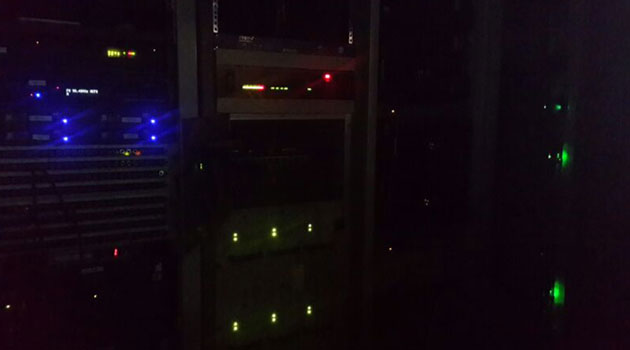Rome, Italy, Feb 10 – Monuments across Italy, from Rome’s Capitoline Hill to the Ponte Vecchio in Florence, will go dark on Thursday evening in a symbolic protest by municipal authorities against soaring electricity costs.
The ANCI association of Italian communes estimates bills will rise by at least 550 million euros (around $630 million) for local councils, out of a total annual electricity expenditure of 1.6-1.8 billion euros.
“The increase in bills is a burden and puts families and institutions in serious difficulty”, with many already struggling due to the coronavirus pandemic, Rome Mayor Roberto Gualtieri said in a statement.
He is switching off the lights of the Capitoline, Rome’s town hall, for an hour from 8:00 pm (1900 GMT).
In Florence, the Palazzo Vecchio, Ponte Vecchio and Palazzo Medici Riccardi will be turned off for 30 minutes at the same time.
Similar action is planned in Milan, Turin, Bologna, Pisa and others as part of the ANCI-organised initiative.
ANCI chief Antonio Decaro said government support so far is not enough.
Prime Minister Mario Draghi’s government has so far pledged 5.5 billion euros to help households and businesses with soaring electricity and gas bills.
Draghi on Wednesday said the government was preparing a further “far-reaching intervention in the coming days”.
Beppe Sala, the mayor of Milan, said his city already used many LEDS.
“There’s not much more we can do (to reduce costs) other than to reduce the lighting,” he said.
The temporary blackout was intended to “give a message to the government”, he said.
Energy prices have soared over the past year and Italy is heavily dependent on imports to meet its oil and natural gas needs.
According to a study by S&P Global Ratings, cited by La Stampa daily, the rise in electricity will cost at least 35 billion euros extra for the country in 2022.






























